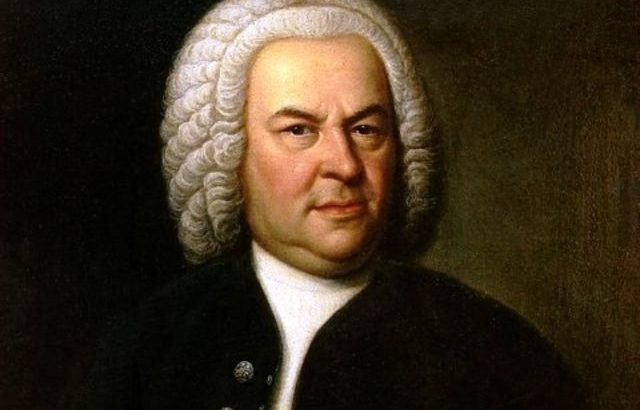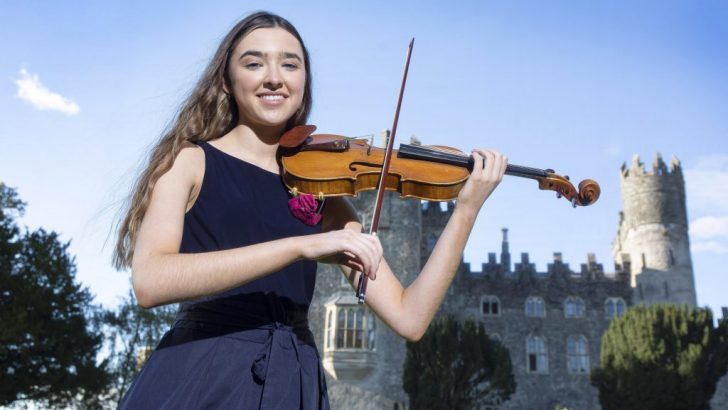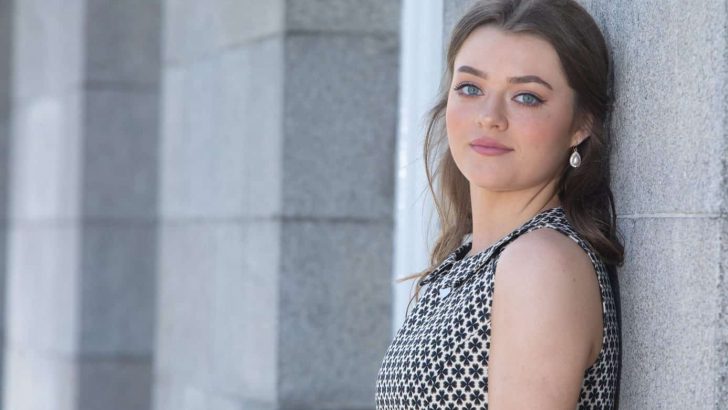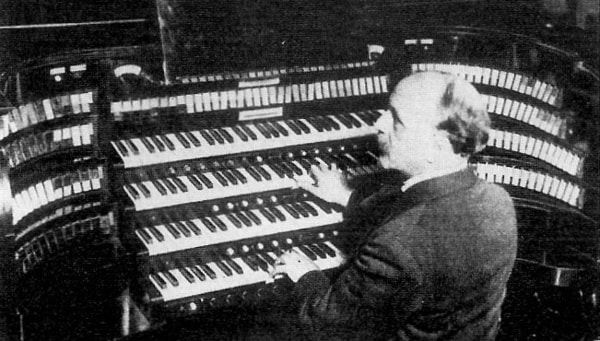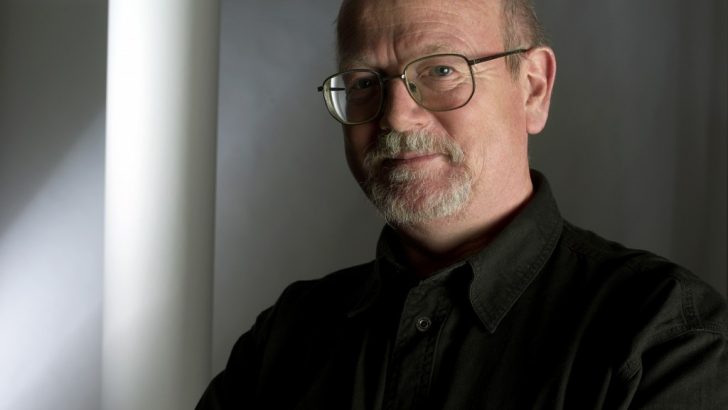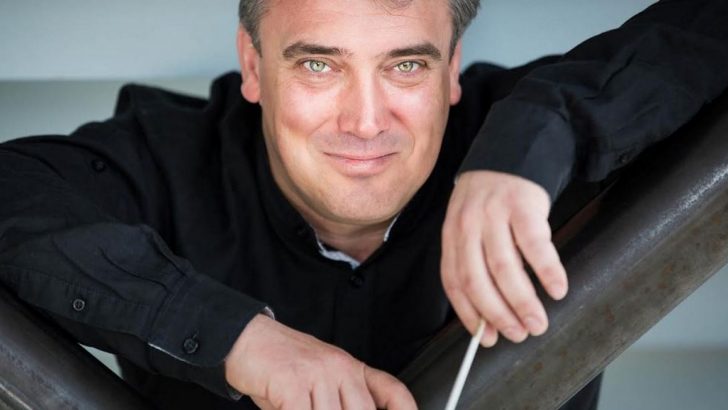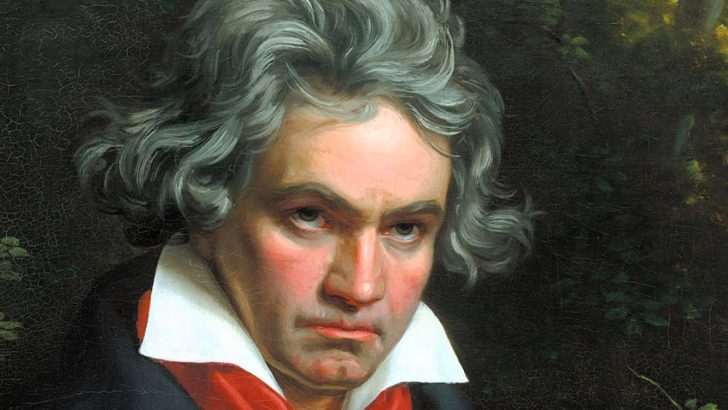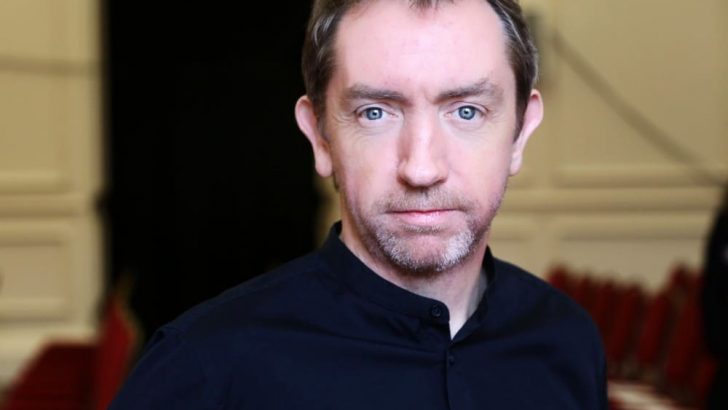Before moving to Leipzig in 1723, Johann Sebastian Bach held several positions as organist and choirmaster in Arnstadt, Mühlhausen, Weimar and Cöthen. In Weimar he served under Lutheran Duke Wilhelm Ernst (1662-1728), who had a penchant for religious devotions and aimed to maintain the Church’s ancient musical tradition. This was to Bach’s advantage giving him…
Young musicians show there is a bright future
Writing about the Veronica Dunne International Singing Competition bursaries last time round, I ran out of space before alluding to another competition – the Top Security Frank Maher Classical Music Awards – held in October. This has been an annual event since its establishment in 2001 by Emmet O’Rafferty, Chairman and CEO of Top Security,…
Awards bring much needed shafts of light
Whatever about the darker elements surrounding us, shafts of light are shining on a number of our young musicians through bursaries funded by the State and private enterprise. Those from the Government come via its Department of Media, Tourism, Art, Culture and the Gaeltacht having been solicited by the triennial Veronica Dunne International Singing Competition…
Recalling the genius of Vierne
I have mentioned Beethoven’s 250th anniversary at various times during the year but another composer’s significant anniversary should also be remembered. The one in question is that of Louis Vierne, maybe better known to church organ enthusiasts than general music lovers. Born in Poitiers in the west-central region of France on October 8, 1870, his…
Eric Sweeney’s minimalist style built on musical genius
On the occasion of his retirement in 2018 as organist of Christ Church Cathedral Waterford, Dean Maria Jansson described Eric Sweeney as “a man of deep faith for whom music is his language with God”. Eric Sweeney’s final service coincided with the ordination to the Church of Ireland priesthood of former leader of the Green…
Piquant harmonies and classics still to be heard from NCH
Despite the Covid-19 Level 3 restrictions, the RTÉ NSO continues its season at the National Concert Hall. Playing without audience and behind closed doors, the concerts are being broadcast on RTÉ Lyric fm and streamed live on www.rte.ie/culture on Friday nights at 7pm. The current series brings the welcome return of principal conductor Jaime Martín…
The intriguing story behind Beethoven’s later-day quartets
Besides his deafness, Beethoven had poor eyesight, suffered persistent liver and abdominal problems and endured serious bouts of depression. The early 1820s were particularly difficult for him but, when his health began to improve, he plunged into a remarkably concentrated period of creative endeavour resulting in his Missa Solemnis, Ninth Symphony and late string quartets.…
RTÉ NSO’s return to concert shows things are looking up!
While my late friend and revered music critic of the Irish Independent, Mary MacGoris, maintained danger lurked around every corner, I believe things are looking up. As Fred Astaire sang in the Gershwin brothers film A Damsel in Distress, “bitter was my cup/but no more will I be the mourner/for I’ve certainly turned the corner/oh,…
Beethoven’s hard years of string quartets and chamber pots
Writing about Beethoven’s Quartets last time, I got as far as his three Op 59s. Now I’ll go on a little further. Early in 1809, Princes Franz Lobkowitz and Ferdinand Kinsky together with Archduke Rudolph combined to grant the composer an annuity of 4,000 florins. As a result Beethoven considered marriage but his subsequent rejection…
Alas, not even the ‘Emperor’ can escape from the virus…
One might not think Beethoven could fall victim to Covid-19 but in a way he has. With the closure of our concert venues live performances of his music have either been postponed or abandoned. Unfortunate really as this year celebrates the 250th anniversary of his birth. At the time of writing, the National String Quartet…


